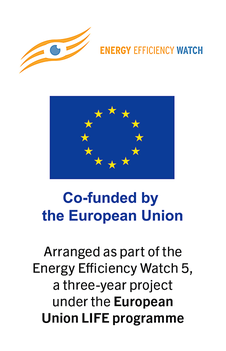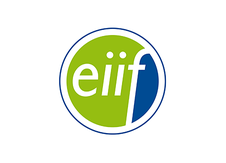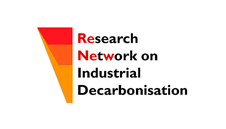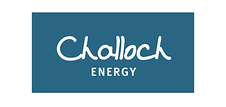Search eceee proceedings
Adoption of energy-efficiency measures in SMEs – an empirical analysis based on energy audit data
Panel: 5. The role of energy management systems, education, outreach and training
This is a peer-reviewed paper.
Authors:
Tobias Fleiter, Fraunhofer Institute for Systems and Innovation Research, Germany
Joachim Schleich, Fraunhofer Institute for Systems and Innovation Research, Germany
Ployplearn Ravivanpong, Fraunhofer Institute for Systems and Innovation Research (ISI), Germany
Edelgard Gruber, IREES GmbH, Germany
Abstract
According to engineering-economic analyses, the industrial and services sectors show a huge potential for reducing energy demand and CO2 emissions cost-effectively. Still, as a result of various barriers, organizations, in particular SMEs, fail to adopt apparently cost-effective energy-efficiency measures (EEMs). Among others, constraints on resources prevent SMEs to employ energy managers, and staff is mostly involved in day-to-day tasks. To overcome these barriers, many countries have established energy audit programs for SMEs.
For lack of suitable data though, empirical evidence on the factors and barriers to the adoption of EEMs in SMEs is scarce.
This paper empirically explores the factors driving the adoption of energy-efficiency measures by small and medium-sized enterprises (SMEs). Our analyses rely on cross-sectional data from a recent survey of SMEs which participated in a German energy audit program in 2008-2010. In general, our findings from the econometric analyses appear robust to alternative model specifications and are consistent with the theoretical and (still rather scarce) empirical literature on barriers to energy efficiency in SMEs. More specifically, high investment costs, which are captured by subjective and objective proxies, appear to impede the adoption of energy efficient measures, even if these measures are deemed profitable. Similarly, we find that lack of capital slows down the adoption of energy efficient measures, primarily for larger investments. Hence, investment subsidies or soft loans (for larger investments) may help accelerate the diffusion of energy efficiency measures in SMEs. Other barriers were not found to be statistically significant. Finally, our findings provide evidence that the quality of the energy audits affects the adoption of energy efficiency measures. Hence, effective regulation may involve quality standards for energy audits, templates for audit reports or mandatory monitoring of energy audits.
Downloads
Download this presentation as pdf: 5-100-12_Fleiter_pre.pdf
Download this paper as pdf: 5-100-12_Fleiter.pdf
Panels of
1. Programmes to promote industrial energy efficiency
2. Sustainable production design and supply chain initiatives
3. Matching policies and drivers: Policies and Directives to drive industrial efficiency
4. Undertaking high impact actions: The role of technology and systems optimisation
5. The role of energy management systems, education, outreach and training
6. The role of financing to improve industrial efficiency, global perspective














